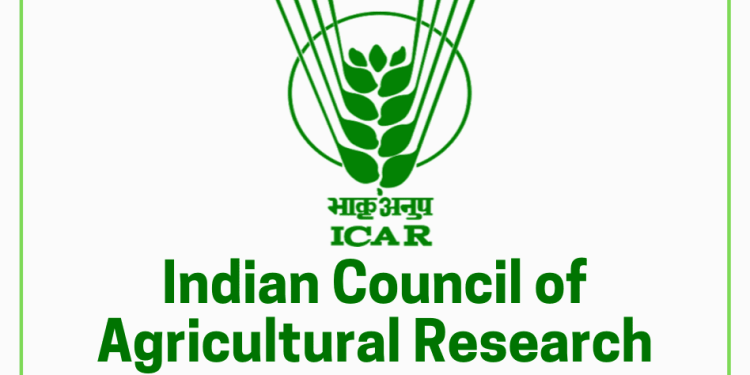Indian Council of Agricultural Research, since inception in the year 1929, is spearheading national programmes on agricultural research, higher education and frontline extension through a network of Research Institutes, Agricultural Universities, All India Coordinated Research Projects and Krishi Vigyan Kendras to develop and demonstrate new technologies, as also to develop competent human resource for strengthening agriculture in all its dimensions, in the country. The science and technology-led development in agriculture has resulted in manifold enhancement in productivity and production of different crops and commodities to match the pace of growth in food demand.
Agricultural production environment, being a dynamic entity, has kept evolving continuously. The present phase of changes being encountered by the agricultural sector, such as reducing availability of quality water, nutrient deficiency in soils, climate change, farm energy availability, loss of biodiversity, emergence of new pest and diseases, fragmentation of farms, rural-urban migration, coupled with new IPRs and trade regulations, are some of the new challenges.
These changes impacting agriculture call for a paradigm shift in our research approach. We have to harness the potential of modern science, encourage innovations in technology generation, and provide for an enabling policy and investment support. Some of the critical areas as genomics, molecular breeding, diagnostics and vaccines, nanotechnology, secondary agriculture, farm mechanization, energy, and technology dissemination need to be given priority. Multi-disciplinary and multi- institutional research will be of paramount importance, given the fact that technology generation is increasingly getting knowledge and capital intensive. Our institutions of agricultural research and education must attain highest levels of excellence in development of technologies and competent human resource to effectively deal with the changing scenario.
Vision-2050 document of ICAR-Central Potato Research Institute (CPRI), Shimla has been prepared, based on a comprehensive assessment of past and present trends in factors that impact agriculture, to visualise scenario 35 years hence, towards science-led sustainable development of agriculture.
We are hopeful that in the years ahead, Vision-2050 would prove to be valuable in guiding our efforts in agricultural R&D and also for the young scientists who would shoulder the responsibility to generate farm technologies in future for food, nutrition, livelihood and environmental security of the billion plus population of the country, for all times to come.
Secretary, Department of Agricultural Research & Education (DARE)
Krishi Bhavan, Dr Rajendra Prasad Road, New Delhi 110 001
and Director-General, Indian Council of Agricultural Research (ICAR)






